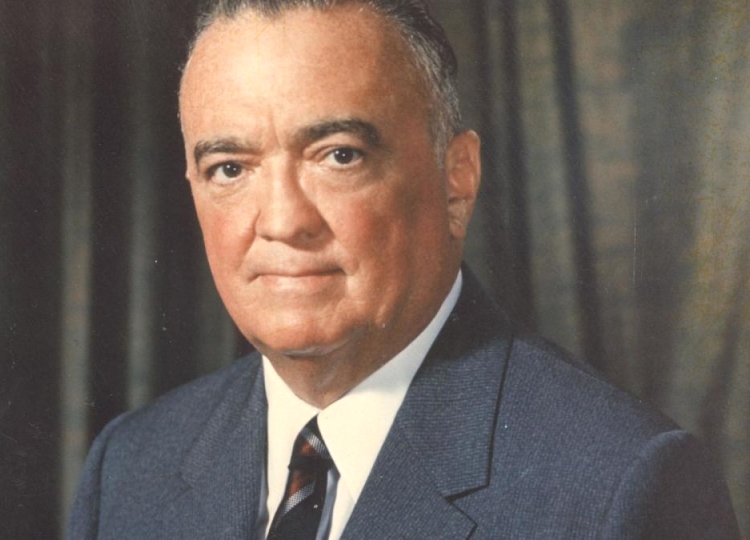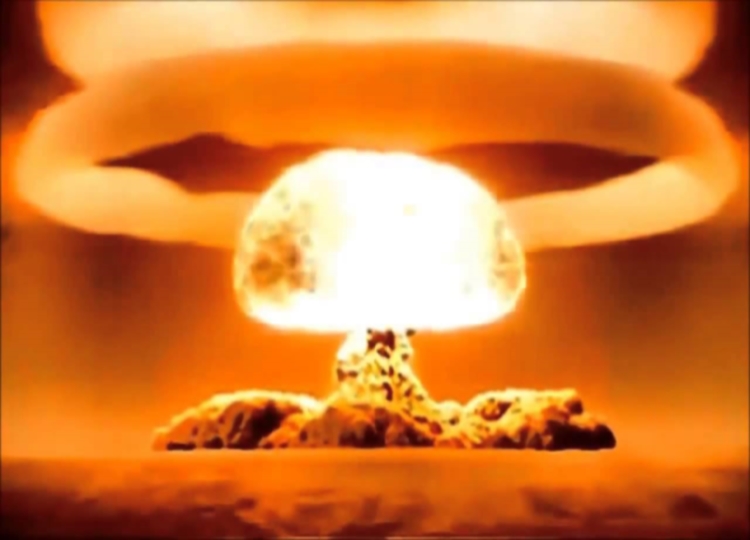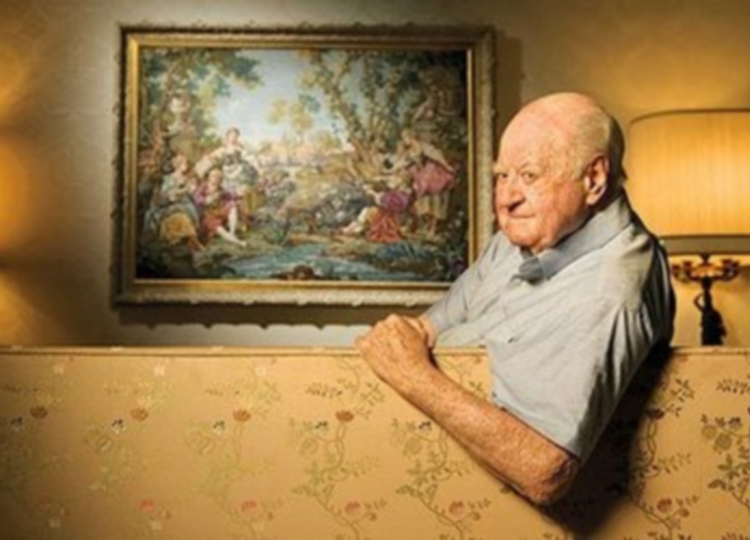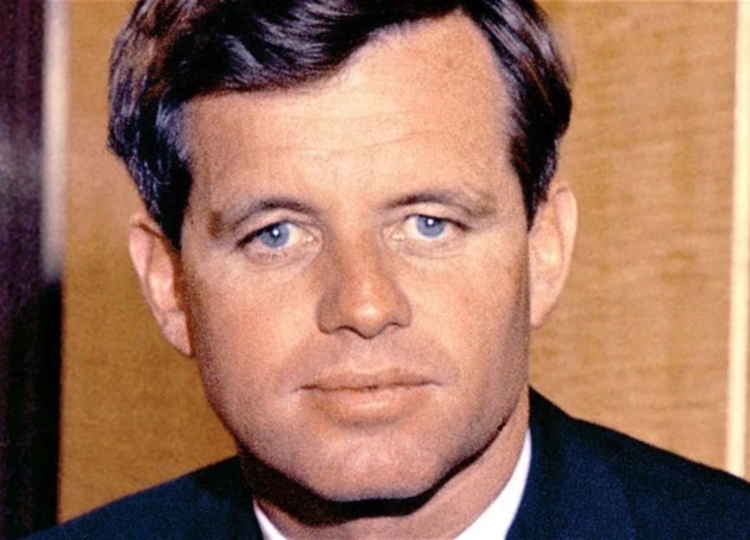Section 8
The Intelligence MOB
Office of the Coordinator of Information was an intelligence and propaganda agency founded in 1941 by President Franklin Delano Roosevelt immediately prior to America’s involvement in the second world war. The main function of the OCI was to provide coordination between existing intelligence agencies and in part duplicated various intelligence gathering functions. In 1942, President Roosevelt reorganized the OCI and created two new intelligence agencies, one of which was the Office of Strategic Services. During the war, the OSS was responsible for gathering foreign intelligence while the FBI was responsible for gathering intelligence inside the borders of the United States and in Latin America. The Army, Navy and Air Force continued to develop and rely on their own sources of intelligence. In early 1946, President Truman created the Central Intelligence Group and transferred all OSS assets and intelligence functions to the CIG; but in mid-1946 Truman reorganized the CIG and created the Office of Special Operations, the parent of the Central Intelligence Agency. The National Security Act of 1947 established the CIA as United States’ first permanent intelligence agency; and thereafter that agency assumed all the functions previously under the umbrella of the OSO. From a paramilitary component of the OSS developed the CIA’s Special Activities Division, otherwise known as Black Ops.
It has been advanced by assassination conspiracists, that after the failed Bay of Pigs invasion, John Kennedy lost faith in the CIA and intended to dismantle the intelligence agency and scatter the fragments far and wide. The conspiracists have also asserted that John Kennedy and the CIA became mortal enemies thereafter; however, Craig Frizzell and Magen Knuth do not agree with that commonly held belief and assertion. In an article for The Kennedy Assassination Home Page, the authors rightfully noted that John Kennedy never made a move to dismantle the CIA in the aftermath of the failed Bay of Pigs military operation. In fact, both John and Robert Kennedy continued to use the CIA for covert activities around the globe, including their continuing efforts to topple Fidel Castro. According to Frizzell and Knuth, certainly President Kennedy was disgruntled and frustrated with the CIA after what happened in Cuba; but they believed that he threatened to dismantle and splinter the CIA in a moment of frustration. The writers noted that actual evidence proved John Kennedy continued to heavily rely on the CIA, its covert operations while also noting that he was the presidential architect of a massive CIA budget increase, one of the largest in that agency’s history.1“Mortal Enemies? Did President Kennedy Plan On Splintering the CIA.” Craig Frizzell and Magen Knuth. The Kennedy Assassination Home Page.
<http://mcadams.posc.mu.edu/jfk_cia.htm>
During a recognition ceremony held at the CIA’s headquarters in Langley, Virginia, President Kennedy expressed his gratitude to the CIA during his speech and noted that the country was safer due to the efforts of the CIA’s personnel. President Kennedy noted the difficult tasks faced by the CIA, how the agency’s successes go unnoticed while its failures are often proclaimed. John Kennedy realized, and so stated, that the CIA’s work was important and essential; and he added that in the long sweep of history, how significant your efforts will be judged. According to Frizzell and Knuth, the president relied a great deal on the CIA during the Cuban Missile Crisis; and during a press conference just a few weeks before his assassination, John Kennedy asserted that a careful review of the CIA’s record indicated only support for his government’s policies.2Op. Cit. Frizzell/Knuth
Despite the CIA’s intelligence failures which occurred at the beginning of the Vietnam War, President Kennedy asserted: So I think that while the CIA may have made mistakes, as we all do, on different occasions, and has had many successes which may go unheralded, in my opinion in this case it is unfair to charge them as they have been charged. I think they have done a good job. John Kennedy directly supported the CIA before the American people, even in the light of intelligence failures. Obviously, then, any animosity that had developed over the Bay of Pigs fiasco had virtually disappeared.3Op. Cit. Frizzell/Knuth
While John Kennedy might not have hated the CIA or vice versa, the director of the FBI, J. Edgar Hoover, certainly hated the middle Kennedy brothers specifically, along with the Kennedy clan generally, primarily because he considered them to be communist sympathizers. Their support for Martin Luther King, Jr. and various other civil rights activist groups, along with desegregation, rankled J. Edgar, in whose world the Civil Rights Movement represented international Communism in America, both as an operational front getting orders from Moscow and as a real time battle front in the fight against a Communist takeover. There were also other reasons, some of them deeply personal, why Hoover despised John Kennedy; but fundamentally, J. Edgar did not trust presidents: he feared their power, feared they would remove him as FBI director. Thus he kept dossiers on the presidents under which he served, and many other politicians, as a form of job security. He also kept dossiers on artists and movie stars that he suspected to be communists, two of which were Arthur Miller and Marilyn Monroe.



